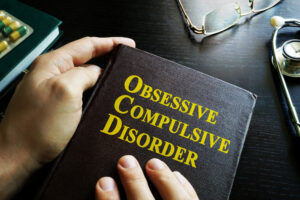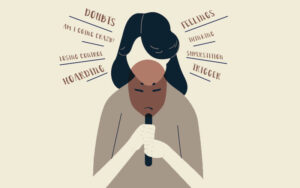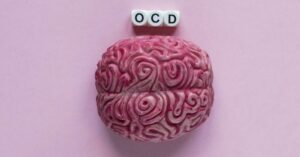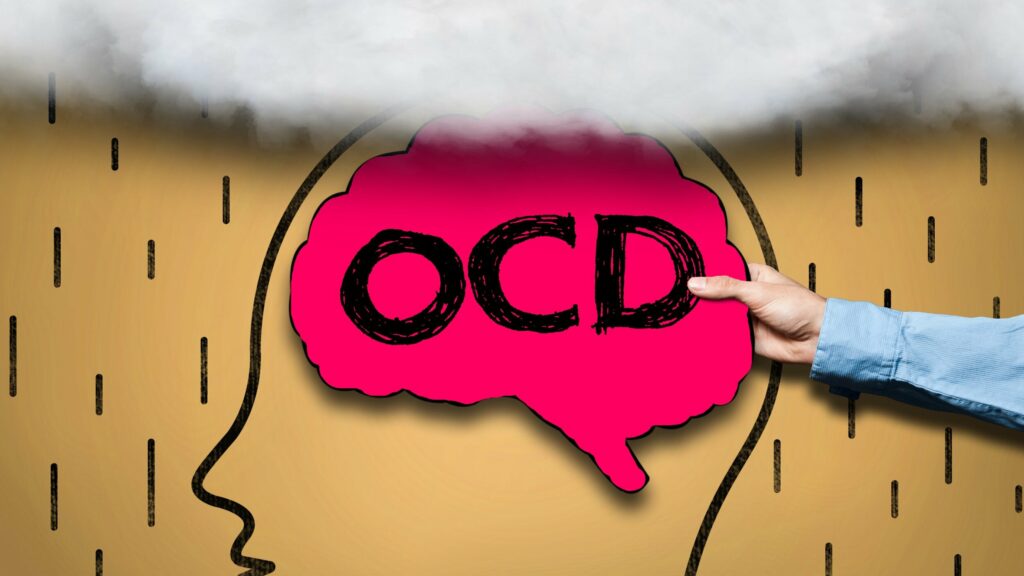Living with OCD can be a disability. It is a mental illness that affects how you think, feel, and behave. There are a lot of stigmas attached to OCD, and many people don’t understand what it is like to live with the disorder. In this blog post, we will discuss the reality of living with OCD as a disability. We will talk about the challenges that come with having the disorder and how to manage them. If you are living with OCD, please know that you are not alone!
Contents
Defining OCD

OCD is a mental illness that is characterized by obsessions and compulsions. Obsessions are intrusive thoughts, images, or urges that cause anxiety or distress. Compulsions are repetitive behaviors or mental acts that you feel compelled to do to relieve the anxiety caused by the obsessions. Many people with OCD have both obsessions and compulsions.
OCD As A Disability
While OCD can be a challenge, it is also a disability. A disability is defined as a condition that limits a person’s ability to function in one or more areas of life. For many people with OCD, the disorder limits their ability to function in daily life. The obsessions and compulsions can take up a lot of time and energy, making it difficult to focus on other tasks. Many people with OCD also have difficulty maintaining relationships and keeping a job.
While OCD does present some unique challenges, it is important to remember that people with OCD are just like everyone else. We all have our strengths and weaknesses, and we all have something to offer.
Examples Of OCD

There are many different types of OCD, and no two people with the disorder are exactly alike. Some common examples of OCD include:
- Fear of contamination or dirt (If I do not change my bedsheets 5 times I will catch a severe headache)
- Excessive hand-washing or cleaning (I have to wash my hands for 10 minutes straight or everyone else around me will get Covid-19)
- Fear of doing something illegal (If I do not remember the names of all of the USA’s Presidents in order, I will be put under arrest)
- Hoarding (I need to have every possible photo of my favorite actor so I can get closer to my dream of meeting them)
- Unwanted sexual thoughts (I will not hug my best friend because I’m afraid I might sexually assault them)
- Repeating certain actions over and over again (If I do not clap 15 times every half an hour, something bad will happen)
Effects Of OCD On Daily Life

There are a lot of stigmas attached to OCD. Many people think that OCD is just about being neat or being afraid of germs. But OCD is much more than that. It is a real mental illness that can be extremely debilitating.
Living with OCD can be extremely challenging.
- The disorder can cause a lot of anxiety and stress. It can also be time-consuming and disruptive to your daily life.
- The obsessions and compulsions can interfere with your ability to work, go to school, or take care of your family.
- OCD can also cause relationship problems.
- It also might cause you to avoid certain situations or places that trigger your obsessions or compulsions.
- Difficulties in concentration and focus
- There is also a very evident rise in the feelings of paranoia and restlessness.
- OCD often results in intrusive and irrational thoughts, which cause a lot of distress and disturbance in a person’s mental and emotional regulation.
Treatment For OCD

Just like any other psychiatric disorder, OCD also has various treatment options available.
Medication
If you or someone you know has OCD, there are treatment options available. Treatment for OCD often includes a combination of medication and therapy. Medication that treats OCD includes antidepressants, anti-anxiety medications, as well as antipsychotic medications.
Note: it is important to follow up with your doctor to monitor the efficacy, side effects, and benefits of the medication.
Therapy
Techniques used to treat OCD include:
- Cognitive-behavioral therapy is a type of therapy that focuses on changing the thoughts and behaviors that associate with obsessions as well as compulsions.
- Exposure and response prevention is a type of therapy that involves exposing the person to the thoughts, objects, or situations that trigger their OCD and then teaching them how to prevent themselves from engaging in compulsions.
- Acceptance and Commitment Therapy is a type of therapy that helps the person to accept their thoughts and feelings without further trying to change them.
- Psychodynamic Therapy is a type of therapy that focuses on helping the person to understand their unconscious thoughts as well as feelings.
- Family-based therapy is a type of therapy that involves the family in the treatment process.
- Group therapy is a type of therapy that involves the person meeting with a group of people who also have OCD.
Self Help Tips
There are a few things that you can do to help manage your OCD:
- Educate yourself about OCD and learn as much as you can about the disorder. This will help you understand your symptoms and know what to expect.
- Talk to someone who understands OCD. This could be a friend, family member, therapist, or support group. Talking to someone who gets it can be very helpful.
- Create a list of your OCD symptoms. This can help you track your progress and see how your symptoms are changing over time.
- Challenge your thoughts. This means that when you have an intrusive thought, you stop and question it. Why am I thinking this? Is this true? This can help to reduce the power of thought.
- Avoid avoidance. It might be tempting to avoid things that trigger your OCD, but this will only make the disorder worse in the long run. Facing your fears is an important part of treatment.
- Expose yourself to your triggers. This is called exposure and response prevention (ERP). ERP is a type of therapy that helps people with OCD face their fears in a
- Create a list of your triggers. This will help you avoid situations that make your symptoms worse.
- Find a healthy outlet for your stress. This could be exercise, relaxation techniques, or journaling.
Conclusion
If you are living with OCD, please know that you are not alone. There is a community of people who understand what you are going through and who can offer support. Remember to reach out for help if you need it! You deserve to live a happy and fulfilling life. If you are looking for affordable Online OCD Counseling MantraCare can help: Book a trial OCD therapy session


